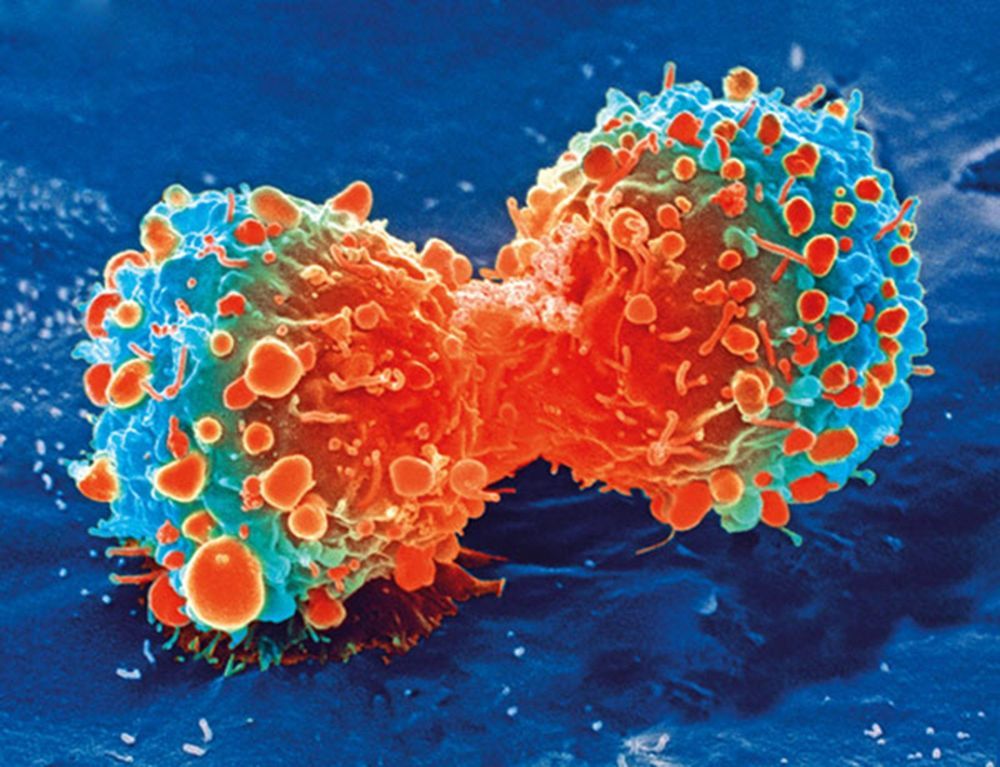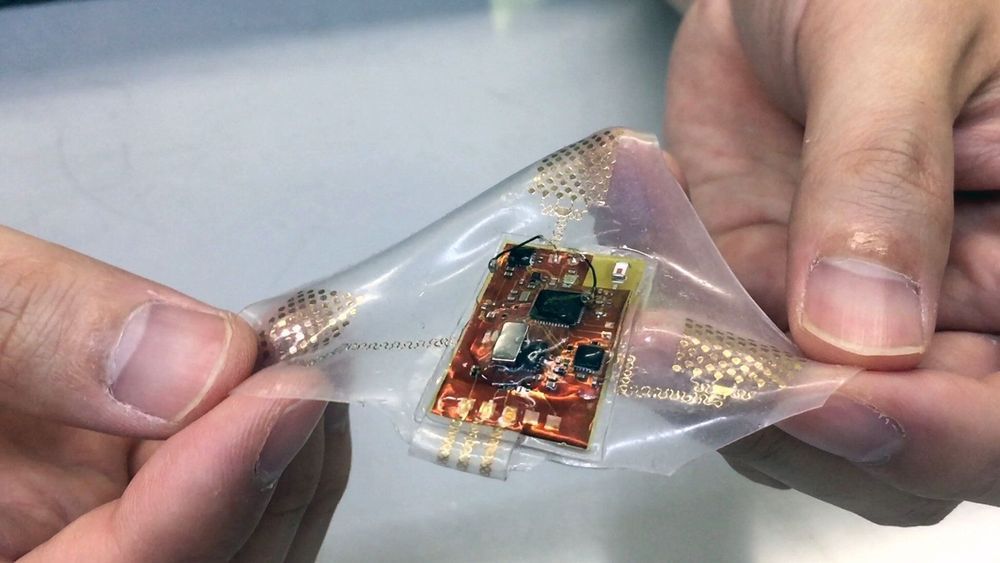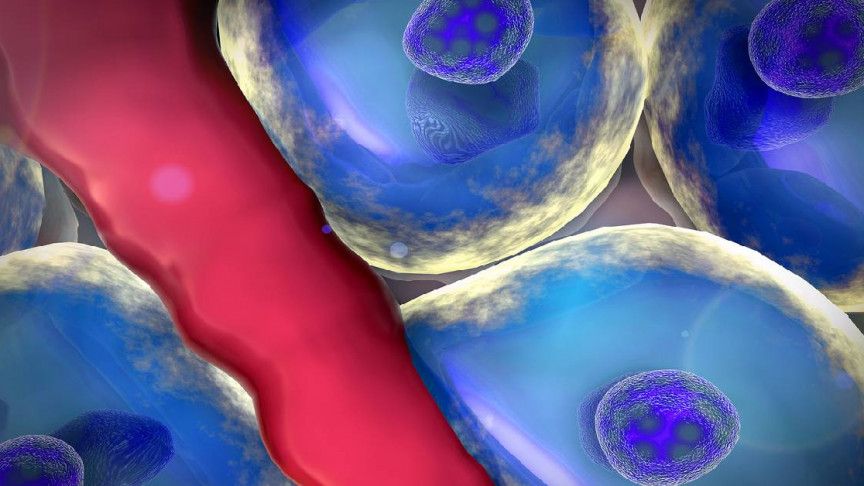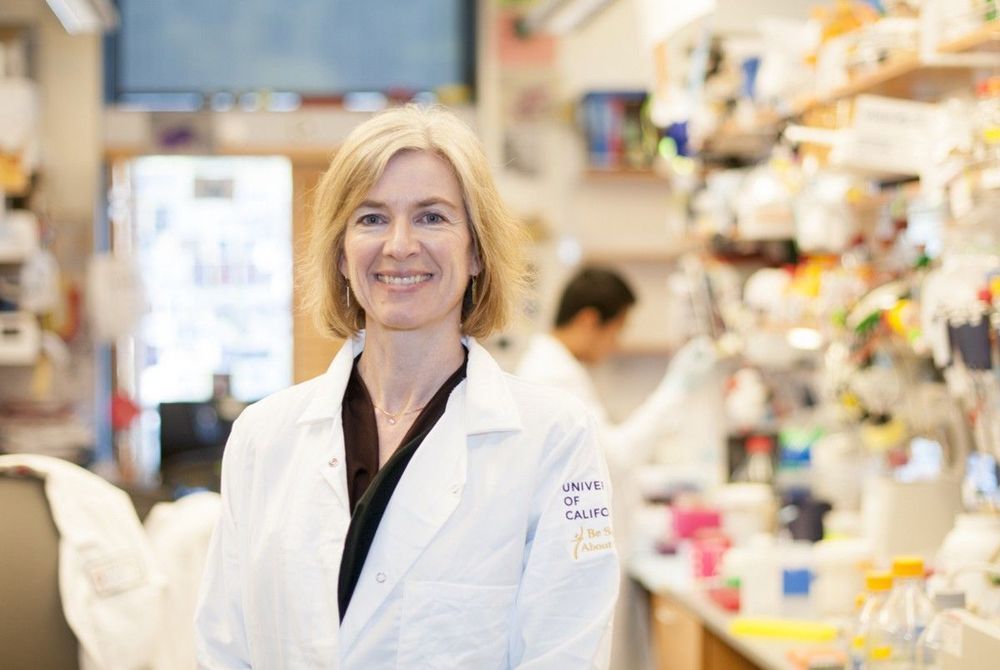E_News™ delivers the most urgent News of the Day that we find relevant to the main theme of EcstadelicNET such as a new, cutting-edge scientific research, technological breakthroughs and emerging trends. Some material may be fully or partially from outside sources. The Top Stories section, on the other hand, contains only original content written by affiliated authors. Take me to Top Stories.
All Biotechnology Business News Crypto News Digital Physics Neurotechnologies Press Releases Quantum Computing Space Exploration
Alex Vikoulov is a futurist, digital philosopher, independent scholar, media commentator, essayist, author of the 2019 book “The Syntellect Hypothesis: Five Paradigms of the Mind’s Evolution.” Lives in San Francisco Bay Area. http://amazon.com/author/alexvikoulov








